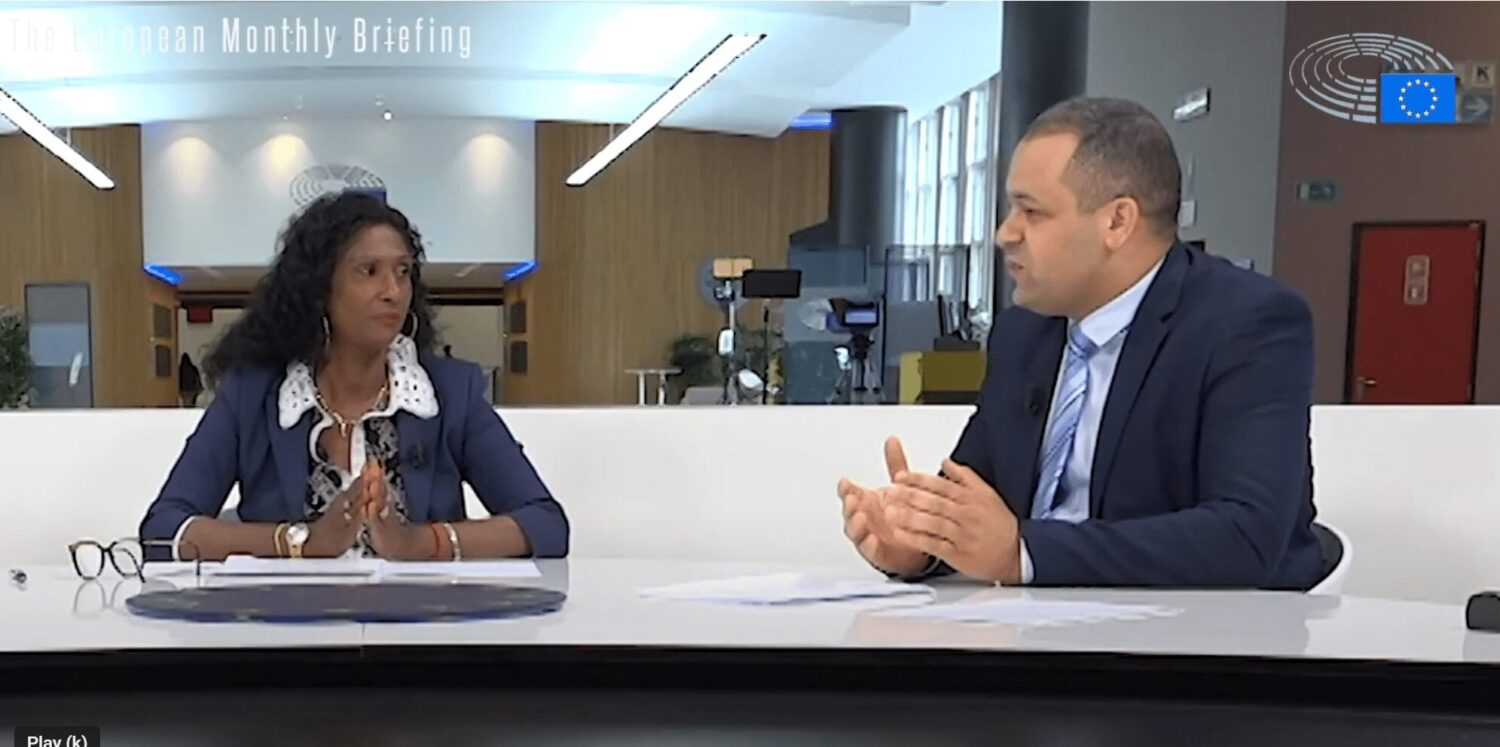The Mediterranean diet – scientists have examined this popular diet at the cellular level and found that its specific components and possibly the overall diet can increase life expectancy by up to 35 percent.
This promising extension of life expectancy was demonstrated using a model laboratory organisms – worms. But the effects most likely exist in humans, too, researchers argue.
The Mediterranean diet has gained popularity beyond the region it is named after, as more evidence emerges reinforcing its reputation as a nutrition plan that promotes longevity and excellent health.
Research shows that individuals who adhere to the principles of the Mediterranean diet, which includes consuming abundant plant-based foods, fish, and reducing the intake of red meat and dairy products, are generally healthier in many respects and boast better life expectancy compared to those who do not follow these principles. Their overall health is typically assessed based on the risk levels for conditions such as heart disease, cancer, diabetes, dementia, and average lifespan.
However, the specific mechanisms by which the Mediterranean diet yields these results are not yet clear. While there is a wealth of evidence supporting its health benefits, the exact ways in which specific combinations of food components can extend human life remain uncertain.
A study led by researchers at Stanford University aimed to provide some answers by investigating the effects of the Mediterranean diet on life expectancy at the cellular level. The study focused on the impact of a single product, a source of healthy fats, on the lifespan of nematodes (roundworms).
Understanding this mechanism is a significant achievement, according to the researchers. It can provide insights into the effects of various types of fats on health and help understand why dietary habits can contribute to longevity.
“Fats are generally thought to be detrimental to health. But some studies have shown that specific types of fats, or lipids, can be beneficial,” commented geneticist Anne Brunet from Stanford University.
The Mediterranean diet, as defined by its guidelines, is particularly rich in beneficial fats known as monounsaturated fatty acids. These substances can be found in products such as nuts, fish, and olive oil.
One of the healthy fats, oleic acid, became the focus of the aforementioned study where researchers aimed to find connections to life expectancy in lab organisms. It is worth noting that oleic acid is the main monounsaturated fatty acid found in olive oil and certain types of nuts.
Through their observations of the effects on the roundworm Caenorhabditis elegans, the team discovered two advantages of oleic acid: firstly, it protects cell membranes from damage caused by lipid oxidation, and secondly, it increases the levels of two major cellular components called organelles.
This effect turned out to be significant: roundworms fed with oleic acid lived approximately 35 percent longer than those fed with a traditional diet.
One type of organelle, lipid droplets, which act as reservoirs for fats, played a crucial role in accurately calculating the number of days a worm would survive, and directly related to their life expectancy.
Lipid droplets participate in metabolic processes by helping regulate the utilization of fats, converting them into cellular energy.
Biochemists explained that the quantity of lipid droplets in certain worms can serve as an indicator of their remaining lifespan. Worms with a higher number of lipid droplets tend to live longer compared to those with fewer droplets.
The researchers fed roundworms either oleic acid or elaidic acid, a monounsaturated trans-fatty acid found in margarine and processed food. Despite their similar molecular structures, these two acids have fundamentally different effects on health.
Trans fats, such as elaidic acid, are considered unhealthy or “bad” fats as they increase the risk of heart disease, dementia, and other health problems, leading to lower life expectancy.
It was confirmed that worms that were fed oleic acid showed an augmentation in the presence of lipid droplets within their intestinal cells, and this occurrence is directly linked to a prolongation of their lifespan.
On the other hand, worms fed with elaidic acid did not experience an increase in lipid droplets and did not extend their lifespan.
When scientists blocked the gene responsible for producing proteins involved in lipid droplet formation in roundworms, the effect of increased lifespan disappeared.
Both lipid droplets and peroxisomes were more abundant in younger worms, and their levels decreased with age, according to the researchers.
The abundance of lipid droplets and peroxisomes varies based on inherent characteristics, but the worms that naturally had more of these organelles lived longer, similar to the effects of oleic acid.
Oleic acid not only affects organelles but also protects cells by inhibiting lipid oxidation, a chemical reaction that damages cell membranes. In contrast, the effect of elaidic acid is opposite, as it promotes oxidation and compromises cell integrity leading to lower life expectancy.
This is the connection between diet and longevity, according to the researchers who attempted to explain in detail why and how specific components of the Mediterranean diet can extend lifespan.
The conclusions drawn by the researchers can be useful for improving dietary guidelines. They can also provide insights into how to effectively combat aging processes by mimicking the protection against oxidation provided by oleic acid.
However, the researchers acknowledge that these findings should currently be regarded as promising discoveries that require further comprehensive studies to determine if similar results can be obtained by observing humans in terms of improving their life expectancy.
Written by Alius Noreika
Reference: ScienceAlert












